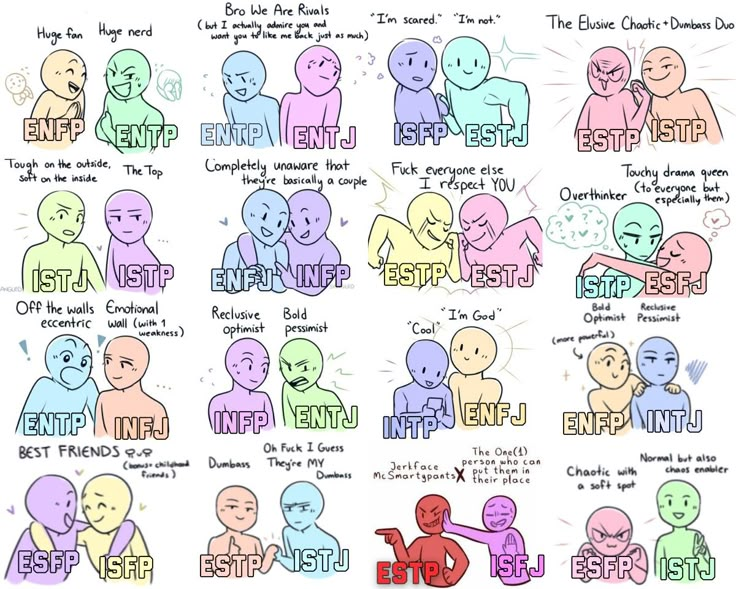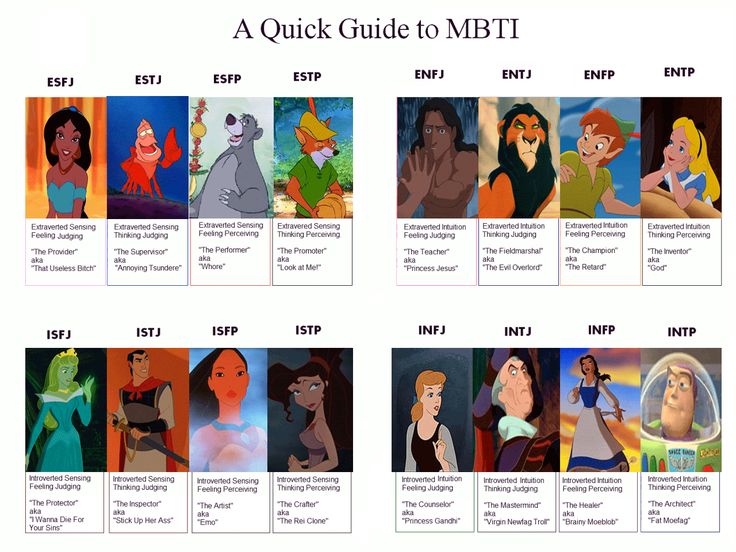Say no go
Say “NO GO to FOMO”
By Lori Schock, Director of the SEC’s Office of Investor Education and Advocacy
At some point we’ve all felt FOMO. Whether it involves trying to get a reservation at the trendiest new restaurant or the hottest ticket on Broadway, everyone has experienced some kind of fear of missing out on something. While it may be hard to curb this feeling in most instances, one place you should consider using your strongest willpower is when you’re making decisions on investment opportunities. As you make investment decisions keep this phrase in mind, “NO GO to FOMO.”
Trends and Influencers
We’ve all seen the increased interest in online investing and the explosion of digital assets and meme stocks. Understanding these kinds of investments may seem overwhelming. Digital assets include crypto-currencies, coins and tokens like those offered in initial coin offerings (ICOs). Meme stocks may be based on internet popularity and social views, instead of a traditional stock value, such as a company’s performance.
And, let’s not forget about NFTs (non-fungible tokens). An NFT has a unique code that allows it to be identified as something that can be digitally-owned. It’s found on a blockchain, which is a kind of digital ledger. Think of NFTs as digital ownership of something like art work, sports memorabilia, photos, etc.
You may see your favorite athlete, entertainer or social media influencer promoting these kinds of investment opportunities. Although it’s tempting, never make a decision to invest based solely on their recommendation.
And, just because others around you might be buying into these kinds of opportunities, it doesn’t mean you have to. Not every investment opportunity is right for everyone. Resist temptation and remember our phrase, “NO GO to FOMO.”
Market Swings
Buying and selling investments along with trends and influencers because of a fear of missing out isn’t the best way to plan for a strong financial future. Market swings are inevitable. And as we have seen, many trendy investments can experience a lot of volatility. We’ve seen high highs and low lows. These kinds of investments may be appealing at first, but once the novelty wears off some investors may decide to move on to something else, which may cause the investment to take a significant downturn. How would you feel if your investment lost 20, 30, or even 50 percent in a single day?
We’ve seen high highs and low lows. These kinds of investments may be appealing at first, but once the novelty wears off some investors may decide to move on to something else, which may cause the investment to take a significant downturn. How would you feel if your investment lost 20, 30, or even 50 percent in a single day?
The best way to protect yourself during market swings is to create an investment portfolio that has a mix of assets, such as stock, bonds and cash. Including different kinds of assets in your portfolio reduces risk and the impact of volatility on your overall portfolio.
It’s also important to diversify within an asset class, such as not putting all of your money in one or two stocks. Instead, spread it across different industry sectors. That way, if you want to dabble in a “cutting edge” investment that may experience a lot of volatility, you might be better protected against a downturn. Our phrase, “NO GO to FOMO” even applies to trying to time the market. It’s time in the market that counts, not timing the market.
It’s time in the market that counts, not timing the market.
What Should You Fear Missing Out On?
Planning for your financial future. If you haven’t yet created a saving and investment plan, do it right away. Identify your goals and put together a long-term investment plan that meets those goals. Investor.gov has everything you need to get started with its free financial planning tools and resources.
Paying off credit cards or other high interest debt is also something you should work into your plan. Typically, no investment will give you returns that will match high, double-digit interest rates. Getting rid of that debt is a guaranteed return on money you can always count on.
You also don’t want to miss out on the power of compounding. Compound interest allows you to earn interest on the money you save and on the interest that money earns. You can watch your money grow over time even if you only put a small amount of money into savings right now. The earlier you start, the more money you’re likely to have in the long run.
The earlier you start, the more money you’re likely to have in the long run.
And last but certainly not least, you don’t want to miss out on free money. If you’re not doing so already, be sure to participate in your company’s 401(k) plan and max out any employer match. It’s simple. If your employer contributes 50 cents for every dollar you save, that’s an immediate 50 percent return. No other investment will give you that kind of guaranteed return.
Willpower
While FOMO may always be a part of our lives, it doesn’t have to control your life. Use your strongest willpower to steer clear of it. Say “NO GO to FOMO”−stick with your long-term plan and don’t make investment decisions based on a fear of missing out.
Note: Director’s Take articles are written in a short, non-legalese format intended to provide you with tips and information on timely investment topics that are important to you. You can subscribe to receive Director’s Take articles or find our latest article on the Director’s Take spotlight page.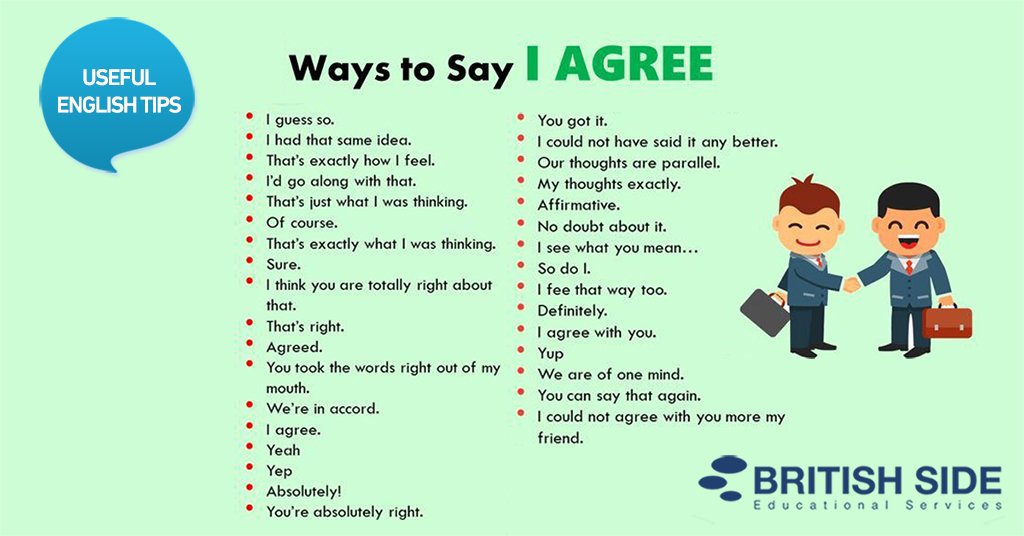
The Securities and Exchange Commission disclaims responsibility for any private publication or statement of any SEC employee or Commissioner. This article expresses the author’s views and does not necessarily reflect those of the Commission, the Commissioners, or other members of the staff.
How to Say "No" Politely - 80 Different Ways
Let’s practice phrases you can use to say “no” politely and save your time – phrases start at 3:08. Learn about the Lingoda Marathon at 7:20. The Marathon is now closed, but you can join regular Lingoda lessons here.
Why Saying No is Difficult but Important
Saying “no” can be really difficult because you don’t want to upset people. You might be worried about what they will think of you or how they will react. Maybe you’ll lose their favor.
I know, I’ve had this problem too before. Sometimes I just don’t want to say “no” because I’m afraid how the other person will react. It’s scary to think that the person won’t like you anymore or be upset with you. However, saying “no” can sometimes be the kindest and best thing you can do!
But, think about this — if the person is really your friend, they’ll understand! In other words, if it’s meant to be, it will be.
Keep in mind too that your time is extremely valuable. Learn to guard it and save it for the things you really want to do. When you say “no” to something that you don’t really want to do, you are giving yourself the freedom to spend your time doing something you really love, or maybe to be available for new opportunities!
It’s ok to say “no,” especially if you learn how to say it in a clear and kind way. People will respect you even more when you can give them a straightforward answer.
If you feel especially hesitant or shy when speaking English, it might be a good idea to build your confidence with this lesson – 3 Ways to Improve Your Confidence in English
Different Ways to Say No and When to Use Them
Saying “No” to an Invitation or Offer
- I appreciate the offer, but I can’t.

- I’m honored, but can’t.
- I’d love to, but I can’t.
- I appreciate the invitation, but I am completely booked.
- Thanks for thinking of me, but I can’t.
- Regrettably, I’m not able to.
- You’re so kind to think of me, but I can’t.
- No thank you, but it sounds lovely.
- Thanks for the offer, but I can’t.
- Thanks, but Maybe another time.
- I’m flattered you considered me, but unfortunately I’ll have to pass this time.
- Sounds great, but I can’t commit.
- No thank you, but it sounds lovely.
- Thanks, but no thanks.
Phrases to Say “No” When You Don’t Have the Time
- I’m just swamped right now, so I can’t.
- I’m not able to make it this week/month/year.
- Perhaps next season when things clear up.
- Ask me in a month.
- Circle back to me in a few weeks.
- I have a few things I need to take care of first. Can I let you know later?
- I’m really buckling down on my priorities right now, so I can’t.

- I’m really maxed out.
- It’s not feasible for me to take this on.
- Let me think about it and I’ll get back to you.
- I’m really spread thin these days, I just can’t take it on right now.
- I’ve got too much on my plate right now.
- I’m not taking on anything else right now.
- Bandwidth is low, so I won’t be able to make it work.
- I’m slammed.
- I’m at the end of my rope right now so have to take a raincheck.
- If only it worked.
- If only I could.
- I’m booked into something else.
- I’m not taking on new things.
- Another time might work.
- I really don’t have any openings in my schedule.
- I’m head-down right now on a project, so won’t be able to.
- I wish there were two of me!
- No thanks, I have another commitment.
- Sadly I have something else.
Ways to Say “No” When it’s Not Interesting to You or Not a Good Match for You
- It doesn’t sound like the right fit.
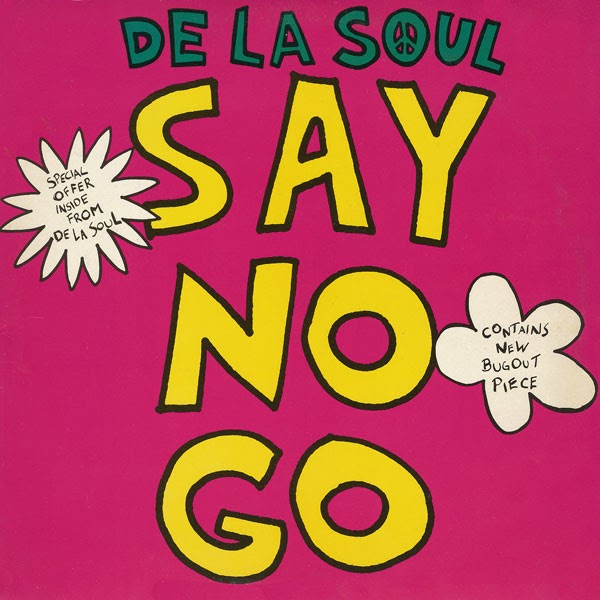
- I’m not sure I’m the best for it.
- I believe I wouldn’t fit the bill, sorry.
- It’s not a good idea for me.
- I don’t think I’m the right person for that.
How to Say “No” for Any Reason at All!
- I wish I could make it work.
- I wish I were able to.
- I’d rather not
- I’m afraid I can’t.
- If only I could!
- No thanks, I won’t be able to make it.
- Not this time.
- Unfortunately, it’s not a good time.
- Unfortunately I can’t.
- I’d rather not.
- I wish there were two of me, but I can’t.
- I have something else. Sorry.
- Apologies, but I can’t make it.
- Maybe another time.
- I would if I could, but I can’t.
- I’d love to — but can’t.
- Darn! Not able to fit it in.
- Rats! Would’ve loved to.
- I’ll need to bow out.
- I won’t be able to
- I really shouldn’t.
- Sorry, I can’t
Saying “No” Casually – Less Politely
- Mm-Mm
- I’m all set.

- I’m good.
- Not right now.
- Naw
- No way, Jose.
- No can do
- Nah
- No
- Nope
- Not possible.
- Heaven’s* no!
- Never.
With all of these ways to say “no” politely, I suggest that you choose a few favorites to practice, memorize, and use the next time that you would rather not commit to doing something!
Before you go to another English lesson, are you looking for an organized, clear way to improve your English? Would you like to know when you’re making a mistake? Click here to get information on our complete English course, Fluent Communication, and learn when we will open it again for new students.
No. Leave. Forgive lyrics
Login / Register
No. Leave. Forgive (performer: Andreyschopot feat. Nebo7)
Who are you with? Where are you? How do you? AND? And we were still holding hands... At night it was so hot for us and the world froze in anticipation.And you looked at me with your eyes. I, like a naive child, asked me to stay at least for a minute ... Time won't rewind, time has fallen down And I'm so tired, really. I'm sorry... Don't call again! I can't take it anymore... Let's make a point. spaces. Dash. You get up. I fall. And there is an abyss between us. It's so empty inside, at night it loads into weightlessness. It hurts so much to understand that now it's not mine ... The curtains endured the light, but now the lanterns do not burn. Listen, can we start all over again, huh? I'm so tired of asking you... But all the dreams fell to the floor dead. In the back of your words - no. Leave. Sorry. Chorus: (2x) "No. Go away. I'm sorry." Hold on for one more minute. To press you to me, suddenly this storm passes. Demolishing everything in the way, except what was being built. Everything except "we" is whole, but you wait for a moment! Live from Friday to Monday. This is life. When you fucked the whole fucking world in your mouth.
When no one needs you and everyone just left. Those who did not want to live woke up in the morning. Look into my eyes. The truth is hidden there. It was right to send a fuck, not to bark. Found love. Lost. Hold on for these 2 days And I will shut up for a long time. I'll shut up forever, zay. This bad trip cannot be compared with the feeling of warmth. Let the whores go by. I remember our every moment! I remember how you squeezed my hands... Our sleepless nights, we were so close in them... Spring hello. Why did you deceive us April? Tell me how to let her go. And don't interfere? Let's try again, please! You scream no. Leave. Goodbye! Chorus: (2 times) "No. Go away. I'm sorry." Hold on for one more minute. To press you to me, suddenly this storm passes. Demolishing everything in the way, except what was being built. Everything except "we" is whole, but you wait for a moment! Music of pain. Soul out. Let them listen, because they will not understand anything anyway.
Can you still say that you need me?! You will dance and I will sing to you And we will be alone. Like before. I'll kill the muzlo. You will forget the advice of your girlfriends. Dilute gray everyday life with the same gray "Hi" Pass by like you don't remember April. Summer is not warm. Like a cradle before going to sleep. That made us stay awake until dawn... Do you remember how you looked forward to our first Monday? Lost their heads from tender kisses And I'd give anything to get us back... There are songs left - this unnecessary noise. Allen, are you bored? Say it straight to your eyes. And you're in tears - no. Leave. Ask. Chorus: (2 times) "No. Go away. I'm sorry." Hold on for one more minute. To press you to me, suddenly this storm passes. Demolishing everything in the way, except what was being built. Everything except "we" is whole, but you wait for a moment! Music of pain. Soul out. Let them listen, because they will not understand anything anyway. Can you still say that you need me?! You will dance and I will sing to you And we will be alone.
Like before. I'll kill the muzlo. You will forget the advice of your girlfriends... And I'll have to wait. 15.05 a year ago. Yes, you know everything. sad love music [bad word] /nikan [bad word] Vkontakte group: [bad word] [bad word] sadmusic
Listen/Download this song
Mp3 320kbps on third party site
We were recently searched for songs: Yanlisimsan Israil Memmedov- Anime Rap Crown of Sin Clouse the clou Lyosha swik cocaine variety Ya prince po klicke xliqan Ya princ po klicke xuliqan
2020 © Tekstovoi.Ru Lyrics
Free summary of the book "First Say No"
nine0002NO - this is a solution
During a business conversation, we often fall into the trap of compromise and concessions. But is it right? Jim Camp in his book "First Say No" will teach you how to negotiate with dignity and close successful deals! After all, negotiations will be successful if you have a “loose tongue”, and this book will help you with that.
It is not only about sales, the conclusions from the book can be applied in any negotiations. And so that you do not waste time, effort and money on reading a book, I have prepared for you 7 main terminals without water. Read them in 5 minutes and don't forget - at the end I left special task for you .
Happy reading!
1. Down with compromises!
Business negotiations are not a situation where you can put on rose-colored glasses and dream that friendship will win. The author of the book, Jim Kamp, is against win-win for both you and your opponent.
Jim thinks that when you make endless compromises, you can donate something important . Remember that in business, most people are wolves who are ready to make you needy and fail in negotiations. “ To need means to lose control and start making bad decisions”
2. What does “need” mean?
We use the word " need " too casually. What we need is water, food, fellowship, love. But without a $500 jacket or a brand new supercar, you can definitely do without. But if someone uses the words “need”, “necessary” in negotiations, try to use this to your advantage .
What we need is water, food, fellowship, love. But without a $500 jacket or a brand new supercar, you can definitely do without. But if someone uses the words “need”, “necessary” in negotiations, try to use this to your advantage .
For example, when I negotiated a deal with one company, I was not impressed with their product at all. I didn't want to advertise it, so I raised the price of advertising by 4 times. And what do you think? The next day I had a deal - the interlocutor needed it .
3. Hurry up - make people laugh
Everyone who has ever tried to close a deal as soon as possible, began to resist at the finish line. This happens because of the need to get money faster, get down to business faster. This need has ruined a huge number of transactions, because when we are needs , we start running after the result like a squirrel in a wheel, making hasty decisions. If there is any need in negotiations, then let it be the need of your opponent, not yours.
4. The Colombo effect
Have you watched the Colombo series? If not, Colombo is a detective from Los Angeles. He seems brilliant to his opponents, but a bit of a goof, and plays into his hands .
To make the interlocutor feel comfortable, be like Colombo - remove your impeccability . The opponent will feel like a tight rein if you speak to him in perfect phrases and behave as if you are the ruler of the world. He is more likely to agree to a deal if he feels comfortable with you.
5. It's hard to make a mistake when asking open-ended questions. This is often useful: you can help the other person see what you want to show him - "
turn on the TV" in front of the mind's eye of the enemy. Open-ended questions help with this. Ask them to the interlocutor to understand what he is thinking. With the help of this, you can sell, convince, negotiate. This technique is called reframing. I already wrote more about it in analysis of the book "NLP-negotiations" , I advise you to read it.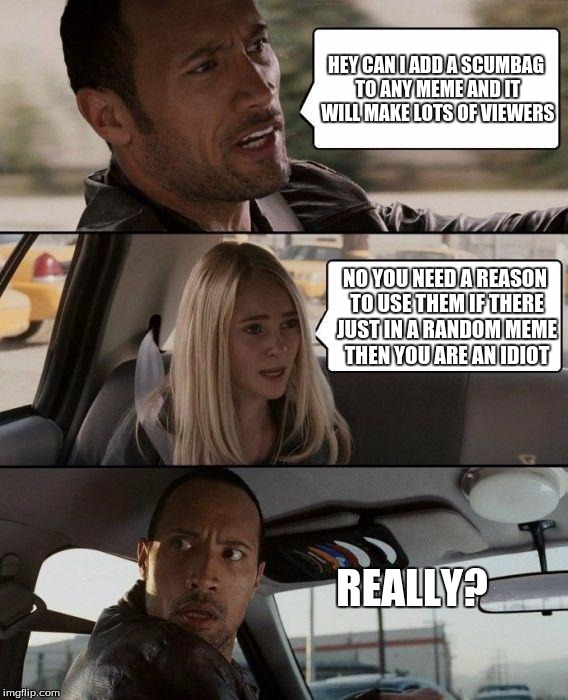 Don't hypnotize, don't suggest, just "turn on the TV".
Don't hypnotize, don't suggest, just "turn on the TV".
6. Keep the pendulum of emotions stationary
Avoid very positive or very negative emotions in negotiations, stick to a neutral state. This balance is the key to successful trades. nine0003
You might think: don't we want the interlocutor to get as many positive emotions as possible from talking with us? No, we don't! After all, emotions will quickly cool down, and a person will have doubts and thoughts, because of which the deal may fail. When you swing the pendulum in the positive direction, it will certainly return to the negative position.
7. Don't burn bridges, but leave unnoticed
Have you ever been fired? When this happens, many people think: “It is imperative to tell the boss everything that I think about him! How dare he fire me?!" But the fact that someone furiously expresses all their discontent will only strengthen the confidence of the authorities in their decision. Why is this needed? Better leave with the words "Thank you for your cooperation" .
Why is this needed? Better leave with the words "Thank you for your cooperation" .
Do you want to learn how to speak persuasively? Press
One Helpful Need…
Although the author in Say No First says to step back from need during negotiations, the need to implement useful insights is a good thing! You read the article - it's small: catch the promised task .
Champion Quest:
If you're in sales or making big deals at work, take a few tricks from this article into your daily routine. When you try it, leave a comment on how effective they were in practice. nine0003
And if your only negotiation is communication with friends, apply these conclusions in everyday life as well! I'm sure they'll come in handy
How do you like the article? Discuss it with subordinates or colleagues. Perhaps it will help you achieve better results!
This was a review of Jim Camp's book First Say No.

